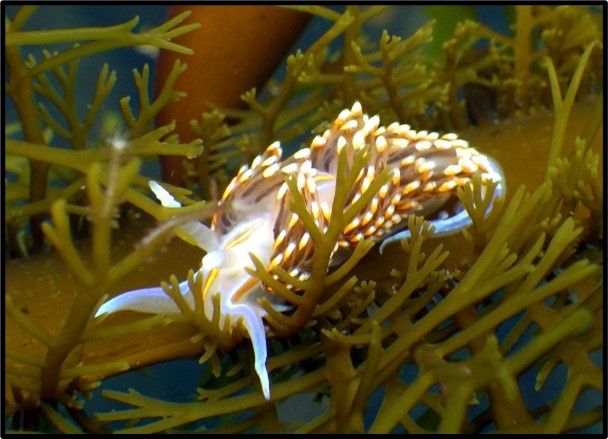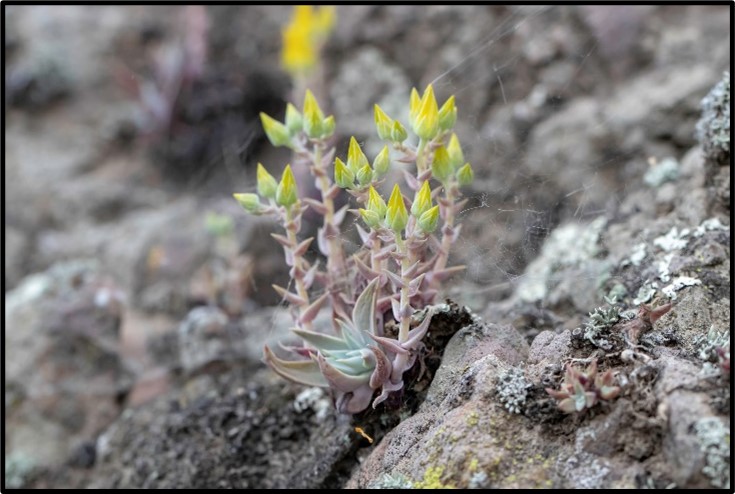Biological Services
Padre can facilitate preliminary planning of projects by providing constraints analyses identifying biological resources that should be considered during preliminary engineering design. We typically conduct literature research and biological surveys during appropriate seasons to develop a biological inventory of the affected area, and produce maps identifying the location and sensitivity of biological resources. Mapping may include buffer areas and biological preserve areas to facilitate project approval. We also conduct focused special-status species surveys within terrestrial and aquatic environments including the marine environment to facilitate project planning.
Padre has extensive experience in habitat restoration, including planning, implementation, monitoring and reporting. Most of our habitat restoration projects are associated with mitigation required by permit conditions. We specialize in riparian habitat restoration but are also experienced in coastal scrub other upland and dunes restoration projects. Typical services include preparation of a restoration/mitigation plan for agency approval, coordination with a landscape contractor during planting and the post-planting maintenance period, long-term monitoring (typically 5 years) of success as per permit conditions, and annual reporting during the monitoring period. Padre staff can also obtain plant materials and install them for smaller projects, when use of a landscape contractor may not be needed, or provide onsite plant propagation and installation for large projects.
Padre biologists have a wide range of capabilities and specialties. Most have recovery permits allowing handling of listed species, including, California red-legged frog, snowy plover, and least Bell’s vireo among others. Surveys for other special-status species may include rare plants, California tiger salamander, coast horned lizard, two-striped garter snake, blunt-nosed leopard lizard, burrowing owl, kangaroo rats (various species), bats, San Joaquin antelope squirrel, and San Joaquin kit fox. Survey reports are prepared and may include impact avoidance and minimization measures, mitigation plans to compensate for habitat loss, and monitoring recommendations to be implemented during construction.
Regulatory permits and environmental impact reports typically include requirements to avoid bird nests in compliance with the CDFW Code and Migratory Bird Treaty Act. Padre biologists conduct pre-activity surveys during the bird breeding season to identify active nests, based on bird behavior and direct sightings of nests. Activities that may affect bird nests may include excavation, construction of structures and maintenance (primarily along channels). Active nests are typically identified, and a no-work buffer area is established around the nest in coordination with resource agencies. The size of the no-work buffer is typically based on the intensity of the work activity and the sensitivity of the species involved. Active nests may be monitored by Padre staff to determine when the young have fledged, and work may resume near the nest.
Padre provides a complete array of instream regulatory services for our clients including identifying the limits of regulatory jurisdiction of the CDFW and USACOE. We can also conduct wetland delineations to identify wetland waters of the U.S., develop mitigation plans and facilitate permit issuance.
Padre staff members also have extensive experience meeting the biological reporting requirements for projects with Federal funding, including Natural Environment Studies (NES’), Biological Assessments (BAs), Marine Mammal Studies and Essential Fish Habitat Studies required for projects with oversight by Caltrans.
Padre provides comprehensive biological monitoring during construction as typically required by regulatory permits and environmental reports prepared pursuant to CEQA and NEPA. (Padre also provides general environmental compliance monitoring covering a wide array of environmental issues.) Monitoring may be part-time or full-time depending on the presence of special-status species or other sensitive biological resources. Monitoring services are tailored to the project and its permit conditions, to ensure resources are protected and on-site the monitor’s time is efficiently utilized. Monitoring may include relocation of special-status species if found in the work area, including fish rescue during stream diversion activities. Special-status species relocated by Padre biologists have included but are not limited to California red-legged frog, coast horned lizard, pond turtle, two-striped garter snake, tidewater goby, arroyo chub and Santa Ana sucker. If requested, Padre can provide water quality monitoring (required for construction dewatering, stream diversion) simultaneously with biological monitoring.
Federal and state agencies routinely require Marine Wildlife Contingency Plans (MWCPs) for offshore surveys and work that could potentially affect marine mammals, reptiles, and birds. Padre has prepared over 100 MWCPs for projects including, but not limited to fiber optic cable and pipeline installation projects, offshore infrastructure decommissioning projects, as well as geophysical and remotely operated vehicle surveys. All Padre-prepared MWCPs have been approved by regulatory and/or resource agencies and have been used to institute in-field mitigations to reduce or eliminate potential impacts to marine wildlife.
To support environmental assessments or to document project-related impacts, Padre’s marine scientists conduct field data collection surveys in inter- and subtidal habitats ranging from sandy and rocky shorelines to submerged rock reefs and deep ocean sediments. Using self-contained underwater breathing apparatus (SCUBA) and, in deeper water areas, remotely operated vehicles, Padre’s marine biologists are experienced in transect, quadrat, and point-sampling methods and have extensive experience in designing survey plans, participating in the data collection and analysis, and managing multi-disciplinary marine surveys. Padre has subcontract agreements with marine scientists, survey boats, and equipment suppliers that enhance our in-house capabilities. Padre’s marine scientists have regional experience in field surveys ranging from reconnaissance-level to quantitative sampling in a variety of intertidal, seafloor, and water column habitats.

Arboricultural Services
Padre provides arboricultural survey, reporting, valuation, permitting and pruning oversight services. These services are provided by our arborists who hold certifications with the International Society of Arboriculture, and prepare and manage the completion of tree surveys, reports and permit applications for private and public clientele. These services have been provided for a variety of proposed or active projects in accordance with applicable City or County tree ordinances.






